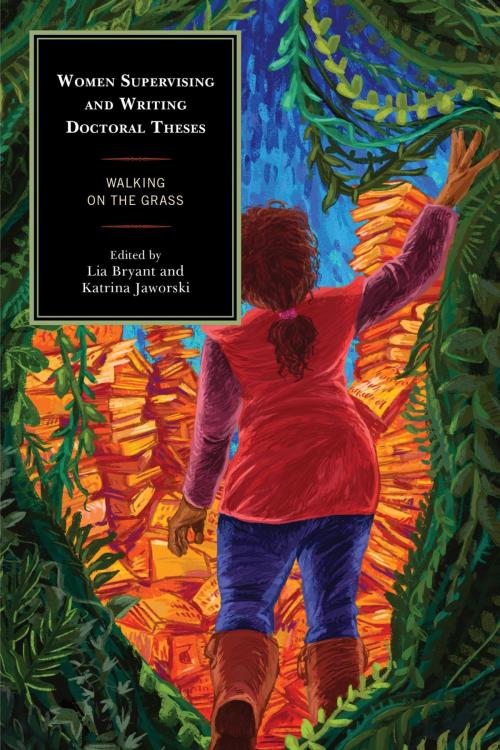Women Supervising and Writing Doctoral Theses
Walking on the Grass
Nonfiction, Reference & Language, Education & Teaching, Student & Student Life, Social & Cultural Studies, Social Science, Gender Studies, Women&, Sociology| Author: | Valerie Adams, Christine Beasley, Lia Bryant, Judith Gill, Katrina Jaworski, Margaret Rowntree, Mary-Helen Ward | ISBN: | 9780739182161 |
| Publisher: | Lexington Books | Publication: | April 9, 2015 |
| Imprint: | Lexington Books | Language: | English |
| Author: | Valerie Adams, Christine Beasley, Lia Bryant, Judith Gill, Katrina Jaworski, Margaret Rowntree, Mary-Helen Ward |
| ISBN: | 9780739182161 |
| Publisher: | Lexington Books |
| Publication: | April 9, 2015 |
| Imprint: | Lexington Books |
| Language: | English |
Walking on the Grass brings to life women’s experiences during their doctoral study and the experiences of women who supervise doctoral students. Sensations, reflections, and imaginations emerge through memories, histories, and different ways of narrating academic journeys. This book examines in depth, the emotional and embodied nature of writing, supervising, and inter-subjective learning. It makes visible ethics of care required in that liminal space in which supervisors and doctoral scholars work to shape and give confidence to the becoming academic. The book works through the politics of gender, sexuality, age, class, and ethnicity to understand meanings inherent in doctoral and supervisory relationships, reasons for entering academe, and how academic writing obtains form and content.
The significance of the book is its contribution to understanding academic thesis writing as complex emotional and embodied gendered labor rather than an instrumental activity in which to earn the title of Doctor of Philosophy.
Walking on the Grass brings to life women’s experiences during their doctoral study and the experiences of women who supervise doctoral students. Sensations, reflections, and imaginations emerge through memories, histories, and different ways of narrating academic journeys. This book examines in depth, the emotional and embodied nature of writing, supervising, and inter-subjective learning. It makes visible ethics of care required in that liminal space in which supervisors and doctoral scholars work to shape and give confidence to the becoming academic. The book works through the politics of gender, sexuality, age, class, and ethnicity to understand meanings inherent in doctoral and supervisory relationships, reasons for entering academe, and how academic writing obtains form and content.
The significance of the book is its contribution to understanding academic thesis writing as complex emotional and embodied gendered labor rather than an instrumental activity in which to earn the title of Doctor of Philosophy.















